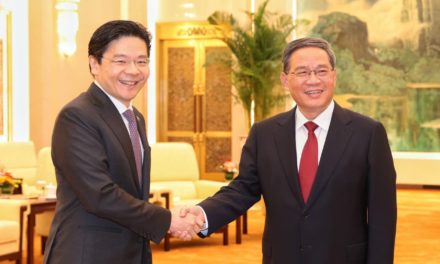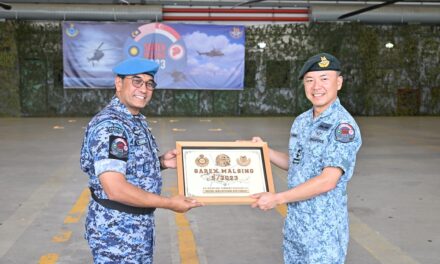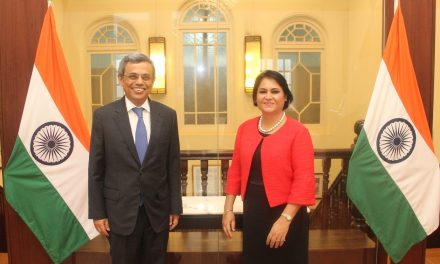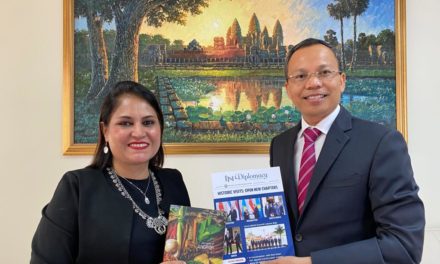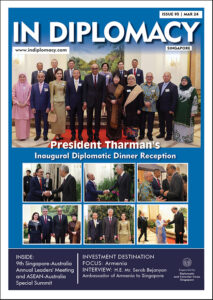Singapore and Indonesia sign a Letter of Intent to collaborate on carbon capture and storage, aiming to reduce carbon emissions and foster sustainable industrial growth.
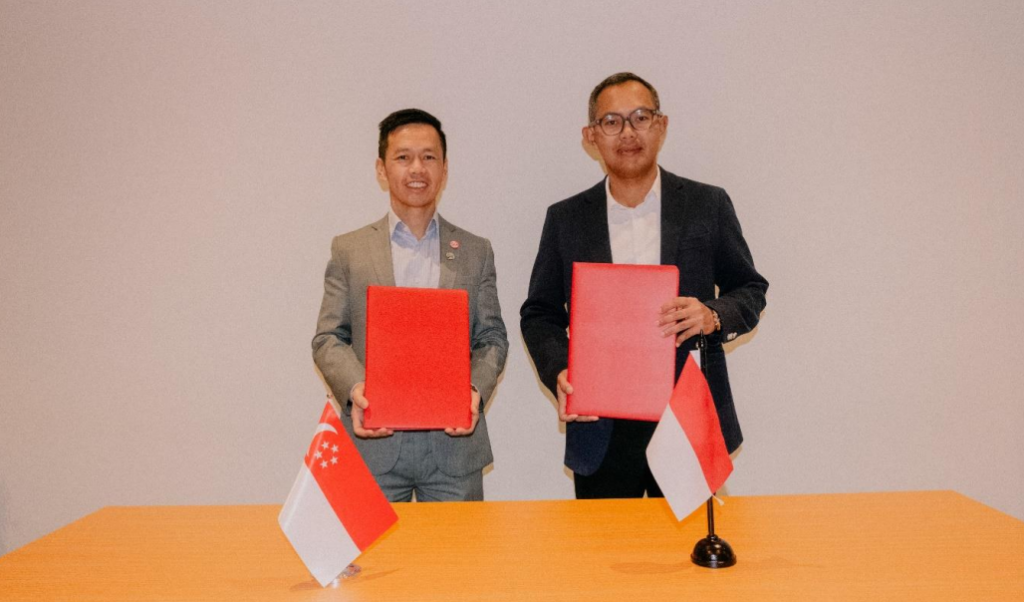
Singapore and Indonesia have taken a significant step towards environmental sustainability by signing a Letter of Intent (LOI) to collaborate on cross-border carbon capture and storage (CCS). This agreement, endorsed by Keith Tan, Deputy Secretary (Industry) of the Ministry of Trade and Industry Singapore, and Jodi Mahardi, Indonesia’s Deputy Coordinating Minister for Maritime Sovereignty and Energy, was formalized following Indonesia’s introduction of a presidential regulation on CCS on January 30, 2024. This regulation enables CCS operations to allocate storage capacity for international carbon dioxide, marking a pivotal development in the region’s approach to climate change mitigation.
CCS technology involves the capture, transport, and storage of carbon dioxide emissions from various industrial activities, preventing them from entering the atmosphere. Recognized globally as a crucial strategy for decarbonizing sectors that are challenging to transition away from fossil fuels, such as energy and chemicals, CCS has the potential to play a vital role in achieving net-zero emissions by the mid-21st century. Both the Intergovernmental Panel on Climate Change (IPCC) and the International Energy Agency (IEA) have highlighted the importance of CCS in mitigating the impacts of global warming.
The LOI underscores the commitment of Singapore and Indonesia to explore CCS as a means to enable sustainable industrial practices and create new economic opportunities. A working group composed of officials from both countries will aim to establish a legally binding bilateral agreement to facilitate the cross-border transport and storage of carbon dioxide. Keith Tan highlighted the significance of this collaboration, noting that it positions Singapore and Indonesia as leaders in deploying cross-border CCS projects in Southeast Asia. Jodi Mahardi emphasized the initiative’s role in demonstrating Indonesia’s dedication to environmental leadership in the region and its efforts to leverage innovative technologies for sustainable development.
Source – MTI

